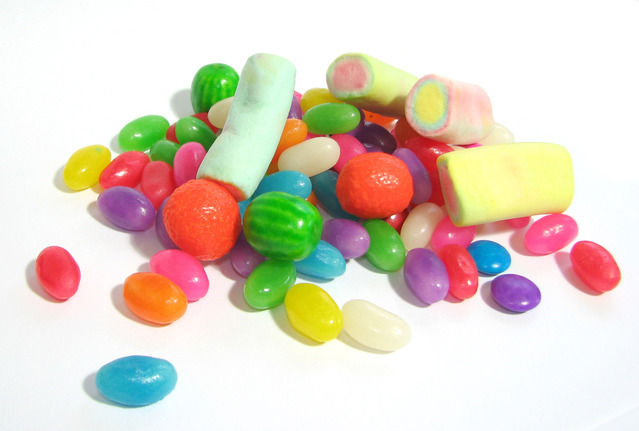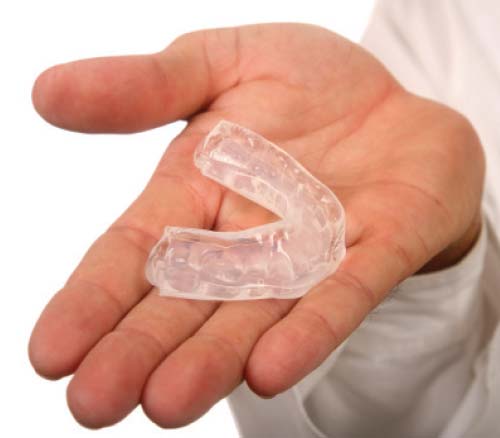 There is always questions revolving around children and when they should first start seeing a dentist. Dental hygiene and regular checkups are just as important for kids as they are for adults. Good oral hygiene habits should be ingrained in us when we are young as they are essential for not only developing teeth as well as our adult teeth. If we don’t take care of our baby teeth then we can incur problems with our permanent teeth once they have developed. So this begs the question, what age do we start bringing children to the dentist and what ways can we improve their oral health?
There is always questions revolving around children and when they should first start seeing a dentist. Dental hygiene and regular checkups are just as important for kids as they are for adults. Good oral hygiene habits should be ingrained in us when we are young as they are essential for not only developing teeth as well as our adult teeth. If we don’t take care of our baby teeth then we can incur problems with our permanent teeth once they have developed. So this begs the question, what age do we start bringing children to the dentist and what ways can we improve their oral health?
It is recommended that kids have their first oral health check by the age of two, although it can be good to bring them in earlier during your regular check-ups and cleans, as this will help to get them used to the environment. It is not necessary to bribe your kids to see a dentist as it shouldn’t be a daunting experience, it should be portrayed as positive, interesting and fun. Appointments earlier in the day are generally better as they won’t be too tired and will be more compliable. We want them to enjoy coming to see us as this helps to prevent issues in the future as they grow older.
We find that a lot of children are left to their own devices in regards to their oral hygiene, parents should be helping and continuing to teach them until at least the age of 7 or 8. The reason you need to be brushing for your kids until this age is because they don’t have the dexterity to be able to brush their teeth properly, after this age they should be able to do a sufficient enough job by themselves.
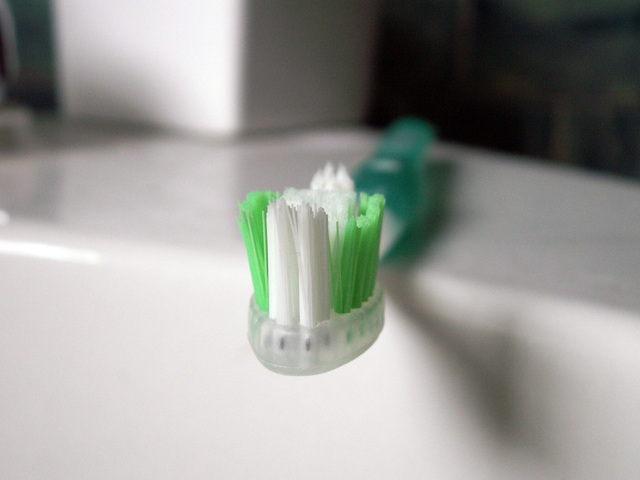 Children, like adults, need to be brushing their teeth at least twice a day as well as flossing. Although their baby teeth will eventually fall out, it is imperative to look after them whilst they have got them. Losing a baby tooth early can impact the development of the adult teeth, it is something that is preferably avoided. It is advisable to avoid sugary and processed food as this is a major cause of decay, especially in young children. Tap water is always a good option as it contains fluoride which helps developing teeth to become strong and healthy.
Children, like adults, need to be brushing their teeth at least twice a day as well as flossing. Although their baby teeth will eventually fall out, it is imperative to look after them whilst they have got them. Losing a baby tooth early can impact the development of the adult teeth, it is something that is preferably avoided. It is advisable to avoid sugary and processed food as this is a major cause of decay, especially in young children. Tap water is always a good option as it contains fluoride which helps developing teeth to become strong and healthy.
If you have any further questions regarding children and the dentist, please don’t hesitate to ask our friendly staff. We will endeavour to be as helpful and insightful as possible. Remember the golden rule, prevention is better than a cure, it is much easier to maintain good oral hygiene than it is to fix an issue.
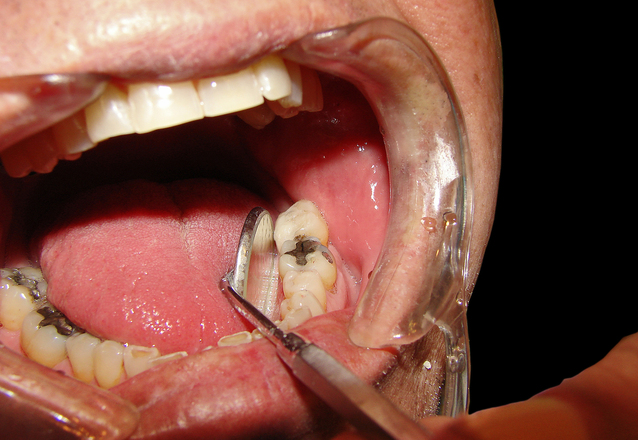 Although rarely used today, Amalgam has been used for years to fill cavities in teeth, it is a combination of metals including silver, mercury, tin and copper. Small amounts of zinc, indium or palladium may also be used. Millions of people have amalgam fillings, so what’s the issue?
Although rarely used today, Amalgam has been used for years to fill cavities in teeth, it is a combination of metals including silver, mercury, tin and copper. Small amounts of zinc, indium or palladium may also be used. Millions of people have amalgam fillings, so what’s the issue?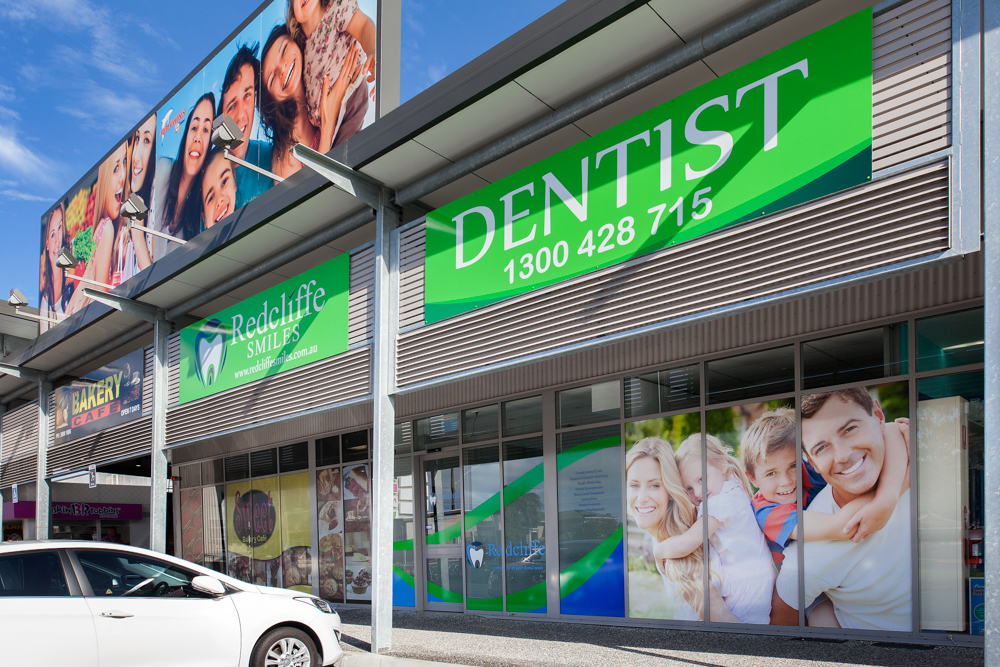 If there is nothing wrong with them there is really no reason to have them taken out.
If there is nothing wrong with them there is really no reason to have them taken out. 